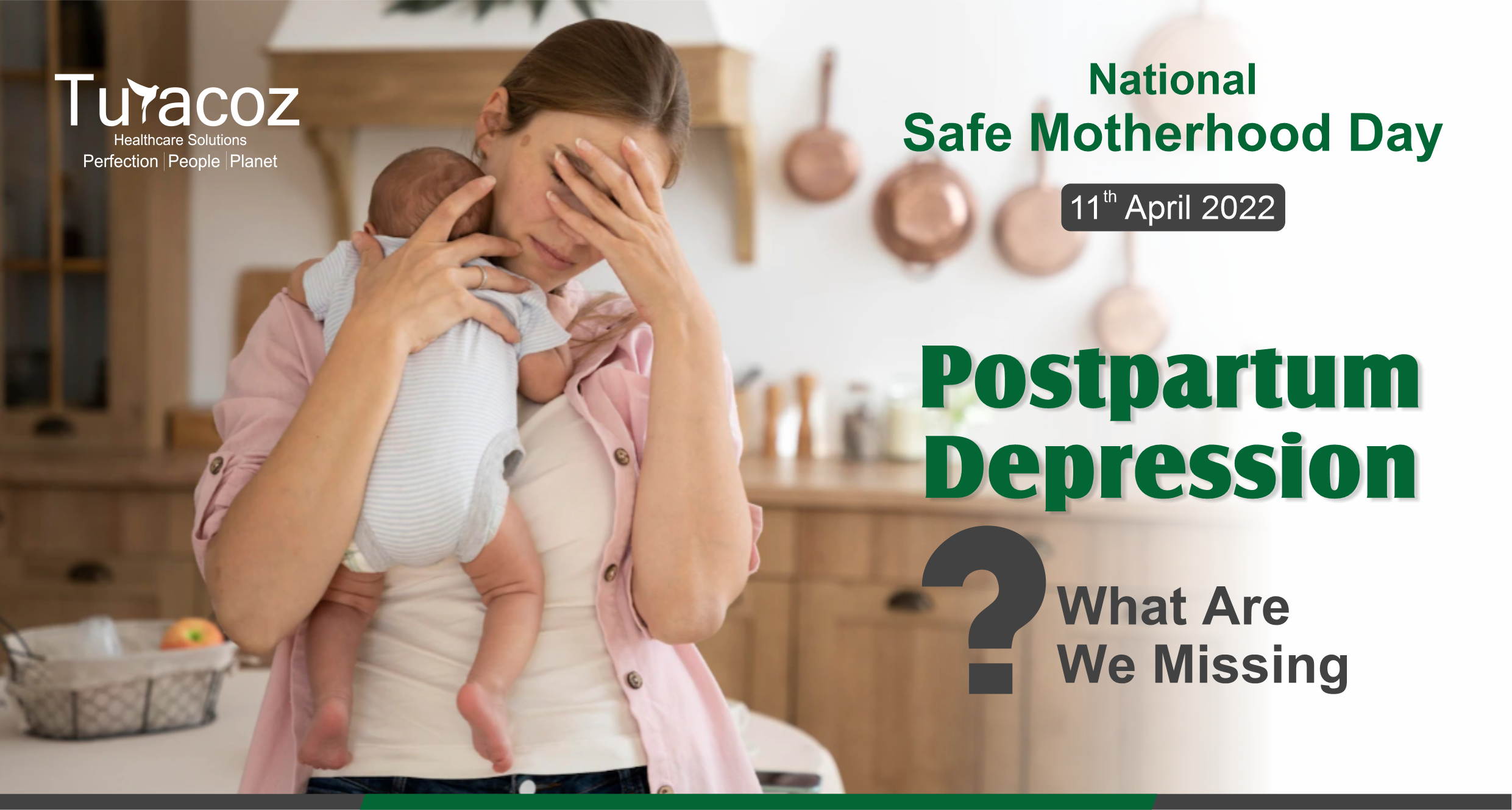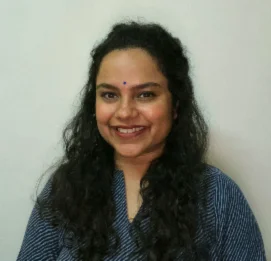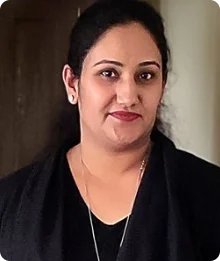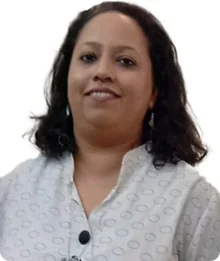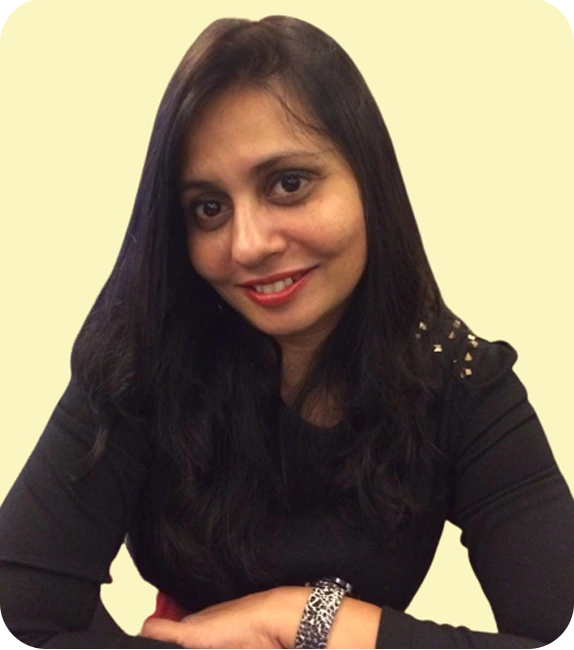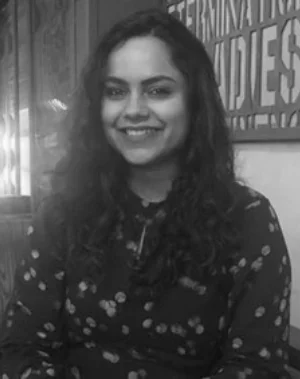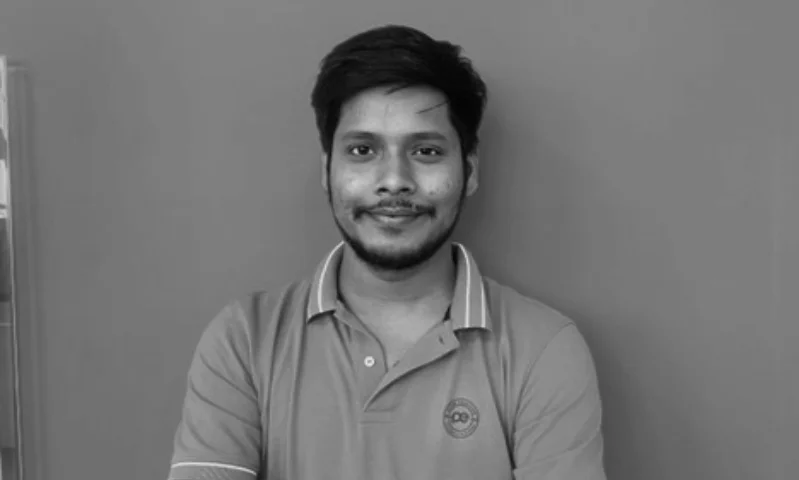Holding the baby for long hours, cleaning poop with a smile on face, singing lullabies relentlessly, spending sleepless nights are the most common scenes of new motherhood. But what is not seen are the collateral surges of emotional drain-outs, restlessness, insomnia, anxiety, panic, bouts of despondency and detachment. While the former is normal, the latter is compelled to be normalized. And that is where steps in a crucial point to ponder: are you just a new mother adapting to changes or a new mother weighing down deep under those changes. The line is very fine, and more than often, goes unrecognized and unacknowledged. This is the onset of Post-Partum Depression (PPD) which can take ugly turns if not addressed on time.
PPD slips women into extremely dark and dispassionate places and is experienced by one in every eight as reported by CDC, although only 10% report it.
Are you suffering from Postpartum Depression?
A few days after giving birth to your baby, if you feel moody, fatigued, sad and lost, you might be going through “Baby blues”. But when these feelings continue for more than a few weeks then you need to consult your doctor. Postpartum depression can happen to any new mother; dealing with chemical, psychological, physical, and social changes, you are bound to experience what you never did before.
Some of the classic indicators of Postpartum Depression are:
- Trouble sleeping
- Appetite changes
- Feeling that you are not bonding with your baby
- Thoughts of suicide
- Thoughts of hurting someone else
- Crying all the time
- Panic disorders
Are you at risk?
Postpartum depression can affect people of all genders and sexualities. Parents who are adopting or are surrogating can also find themselves in this haunted space. The first thing to understand about perinatal depression: the way you feel is not your fault. Still there are some major risk factors leading to depression.
Social and Emotional Factors
- History of depression
- Recent divorce/ marital conflict
- Death of loved ones
- Having twins or triplets
- Early pregnancy
- Financial crisis
Physical Factors
- Lack of Sleep
- Drug and alcohol misuse
- Low Thyroid Hormone levels
- Any other medical conditions
Bringing in Safe Motherhood
Safe motherhood is not just about a physically strong mother and a baby. Mental health of a mother is as important a concern which is sadly neglected by families and peers. The undue pressure of being “perfect mother” and the stigma of being shamed for not being so, is enough to take a woman down the spiral and permanent guilt trips. Swaying back and forth in the closed doors and asking, “Where have I gone wrong?” is not the solution. It is indoctrinated in humans that motherhood comes naturally to a woman. But what if it doesn’t? Ironically there are absolutely, no absolutes! It is very much possible that a new mother doesn’t feel like one, or her mind is not ready to register multiple signals, or perhaps she is plainly not able to differentiate between the reasons for her baby crying. She doesn’t need to hear those caustic comments, she needs to be heard! She might need a bit more compassion and a lot of help.
What Can You Do?
- Talk it out with your partner, family, or friends you trust
- Read books or magazines guiding postnatal education
- Balance your diet and lifestyle
- Don’t hesitate to arrange for childcare
- Meet people and socialise with fellow mothers
- Divide responsibilities with your partner
- Be realistic about your expectations from yourself and baby
- Seek help. See a counsellor and accept therapeutic inventions if required
There is nothing called ‘normal parents’ or ‘good parents’. Parenting or motherhood is subjective and a never-ending journey; one starts learning from day one and keeps on learning. Don’t forget to take care of your laughter, your backaches and mental health. If you are feeling different from what society has told you then there is nothing wrong. Feel what you need to feel, this is also a part of growing as a mother. This National Safe Motherhood Day Turacoz is inspiring society to accept new mommies with their concerns, insecurities, and fears. Don’t force motherhood on her but let it come to her slowly and slowly.

